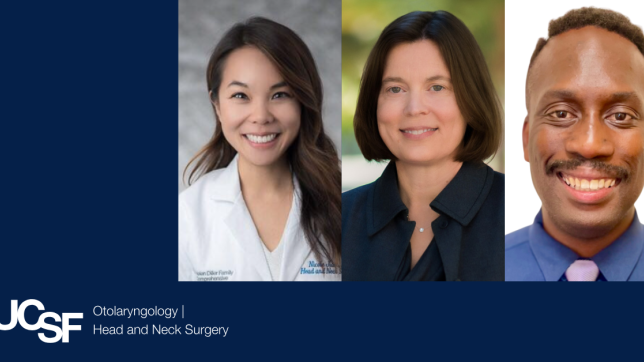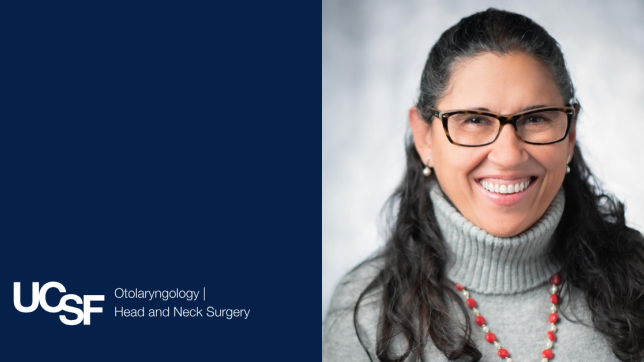Dylan K. Chan, MD, PhD, a physician-scientist in the Department of Otolaryngology – Head and Neck Surgery at the University of California, San Francisco (UCSF OHNS), is exploring new ways to prevent hearing loss, whether from loud noises or aging. Dr. Chan's journey began a few years ago when his colleague, Elliot Sherr, MD, PhD, sought his expertise to understand why a gene mutation was causing laboratory mice to go deaf.
Drs. Chan and Sherr discovered that the mutation triggered a cellular process known as the unfolded protein response (UPR), which led to the destruction of these critical cells in the inner ear. They also observed that exposure to loud noise induced the UPR, causing similar damage. However, they found that a drug developed at UCSF to block the UPR effectively prevented noise-induced hearing loss in mice.
"This drug could potentially offer a new strategy to prevent hearing loss in people," Dr. Chan notes.
The research took an intriguing turn when scientists in South Korea identified siblings in their 20s who were experiencing hearing loss due to mutations in the same gene studied in mice. Dr. Chan's team tested cells with these genetic mutations and discovered that they, too, exhibited an overly active UPR. Remarkably, treating these human cells with the UCSF-developed drug prevented their self-destruction.
"We are hopeful that this approach might be effective in humans, but we need to conduct trials to confirm its effectiveness," Dr. Chan adds.
The promising results provide a new avenue for preventing hearing loss, offering hope for those affected by genetic mutations and noise-induced damage.




